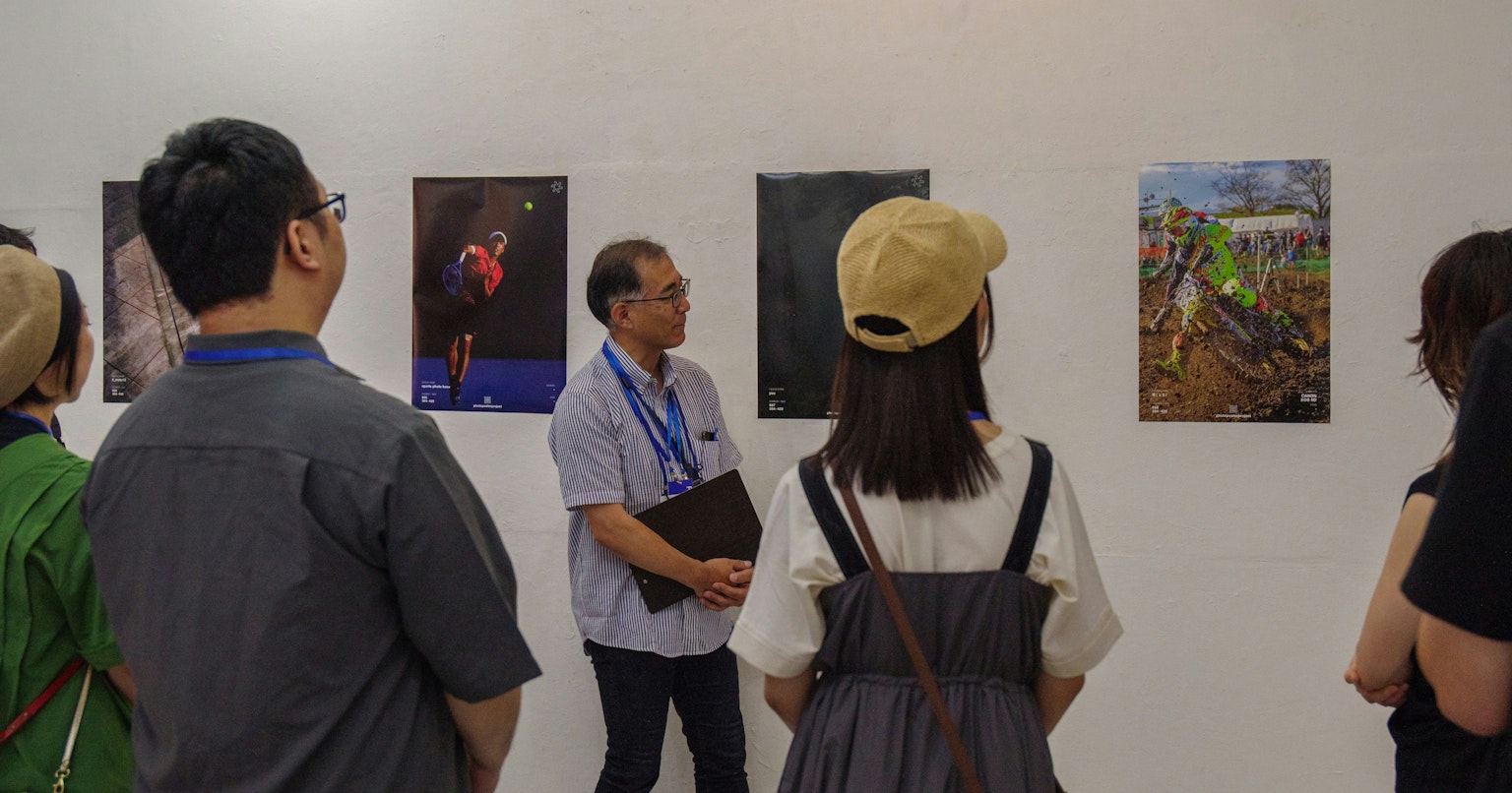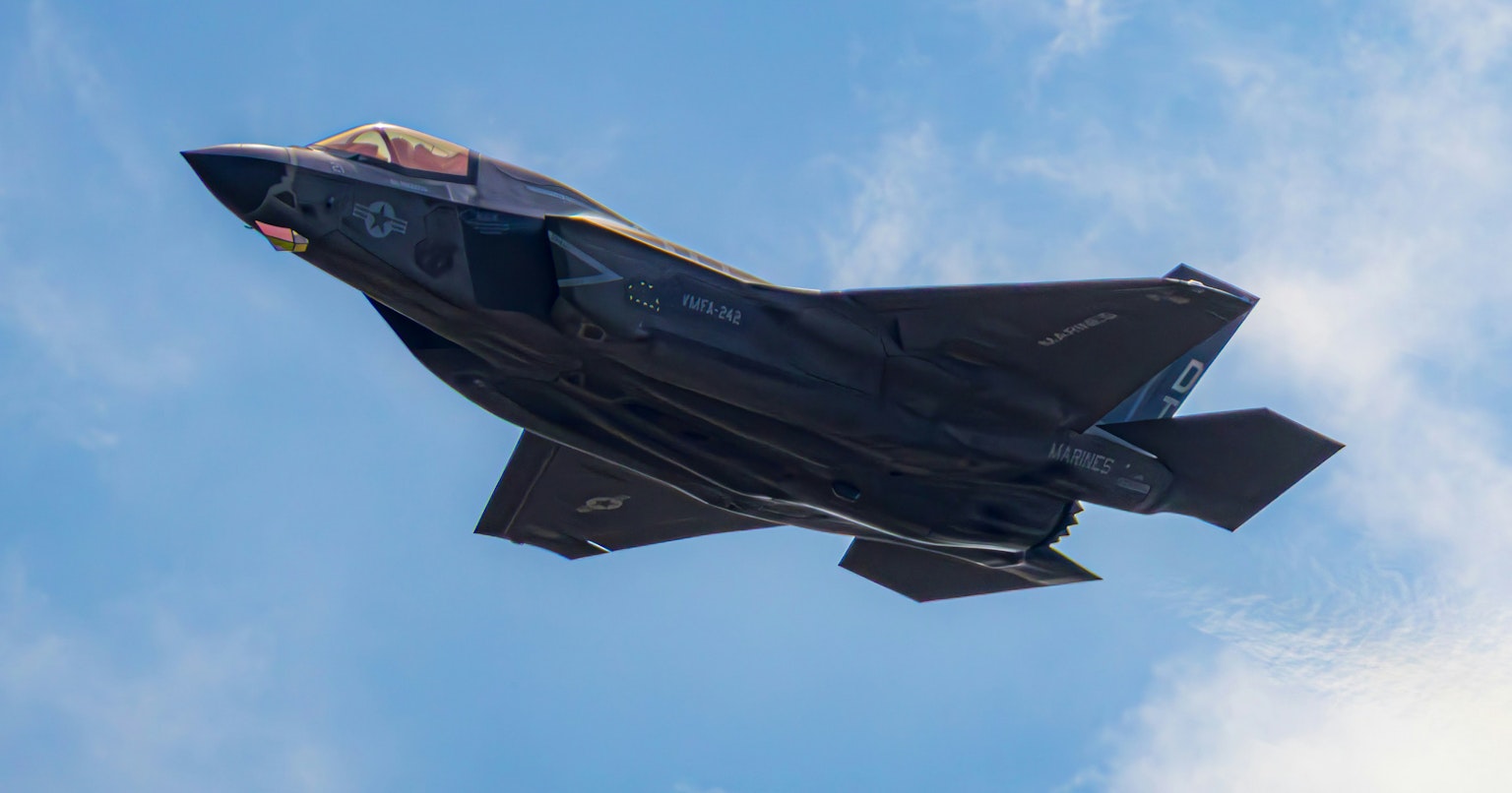
Cover photo by neuronnyoro
In 2025, camera autofocus (AF) technology has undergone significant advancements thanks to AI and deep learning. Features like "Deep Learning AF" now enable real-time prediction of subject movement and instant focus adjustments.
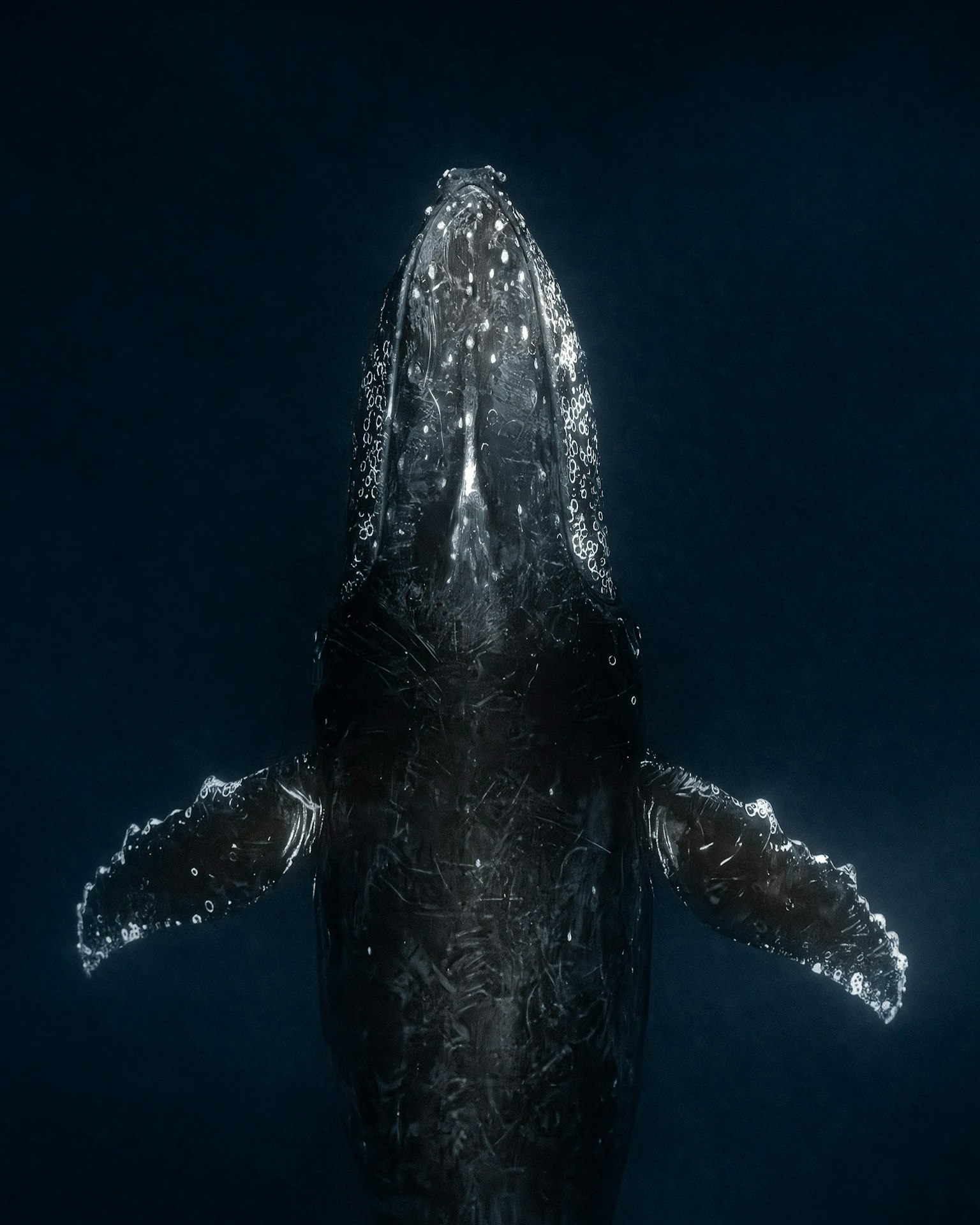
Photo by Takayuki Nishijima
This technology enhances the ability to automatically recognize subjects such as animals, birds, cars, and airplanes, maintaining focus and significantly improving both the freedom and precision of photography.
The Future of Autofocus Driven by AI
In 2025, the evolution of AI technology has brought significant advancements to autofocus (AF) systems in the camera industry. Notably, AF technology utilizing deep learning can now predict subject movements in real time and adjust focus instantaneously.
This has strengthened the ability to automatically recognize moving subjects and maintain focus effectively.
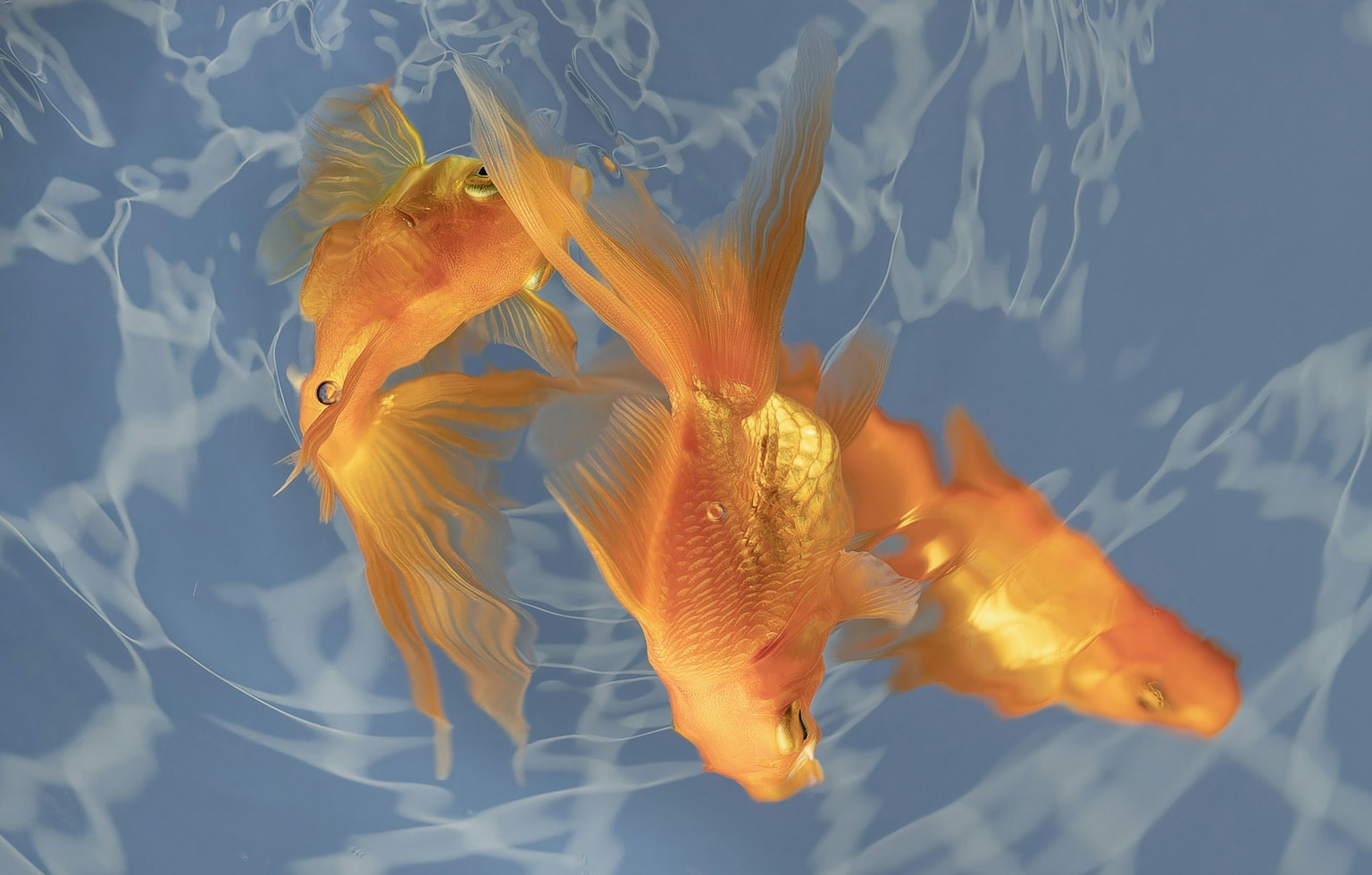
Photo by me..
Choosing AF Technology for Your Photography Style
Camera manufacturers are developing unique AF technologies to provide optimal focus experiences tailored to users' photography styles. For instance, Canon employs "Dual Pixel CMOS AF II," enabling nearly 100% of the sensor area to be used as an AF area.
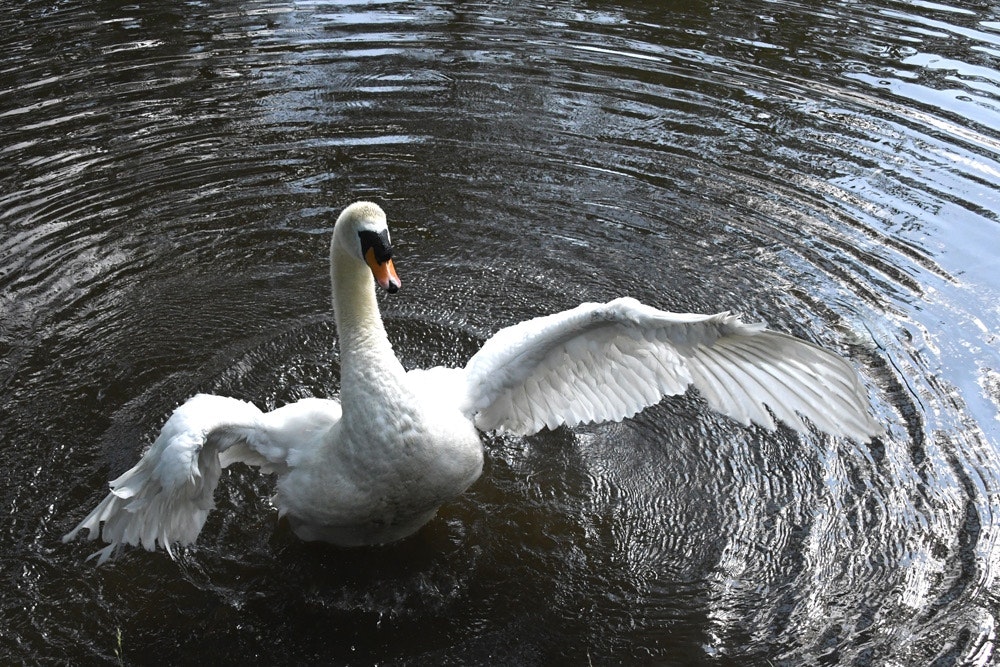
Photo by wagahaiha chitta
Sony boasts exceptional AF performance in the mirrorless camera market with features like "Real-Time Tracking AF" and "AI-powered Deep Learning AF." Nikon leverages a "Hybrid AF System" and AI-based subject recognition AF to enhance precision in its Z-series mirrorless cameras.
Practical AF Applications and Photography Ideas
Leveraging the latest AF technologies expands the possibilities of photography. For example, accurate and fast AF is essential for capturing fast-moving subjects in sports or wildlife photography, as well as for portrait photography.
In video shooting, smooth focus transitions and subject tracking are also crucial. By utilizing the latest AF technologies from various manufacturers, you can achieve higher-quality footage in these scenarios.
